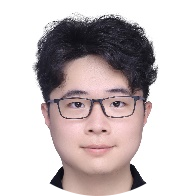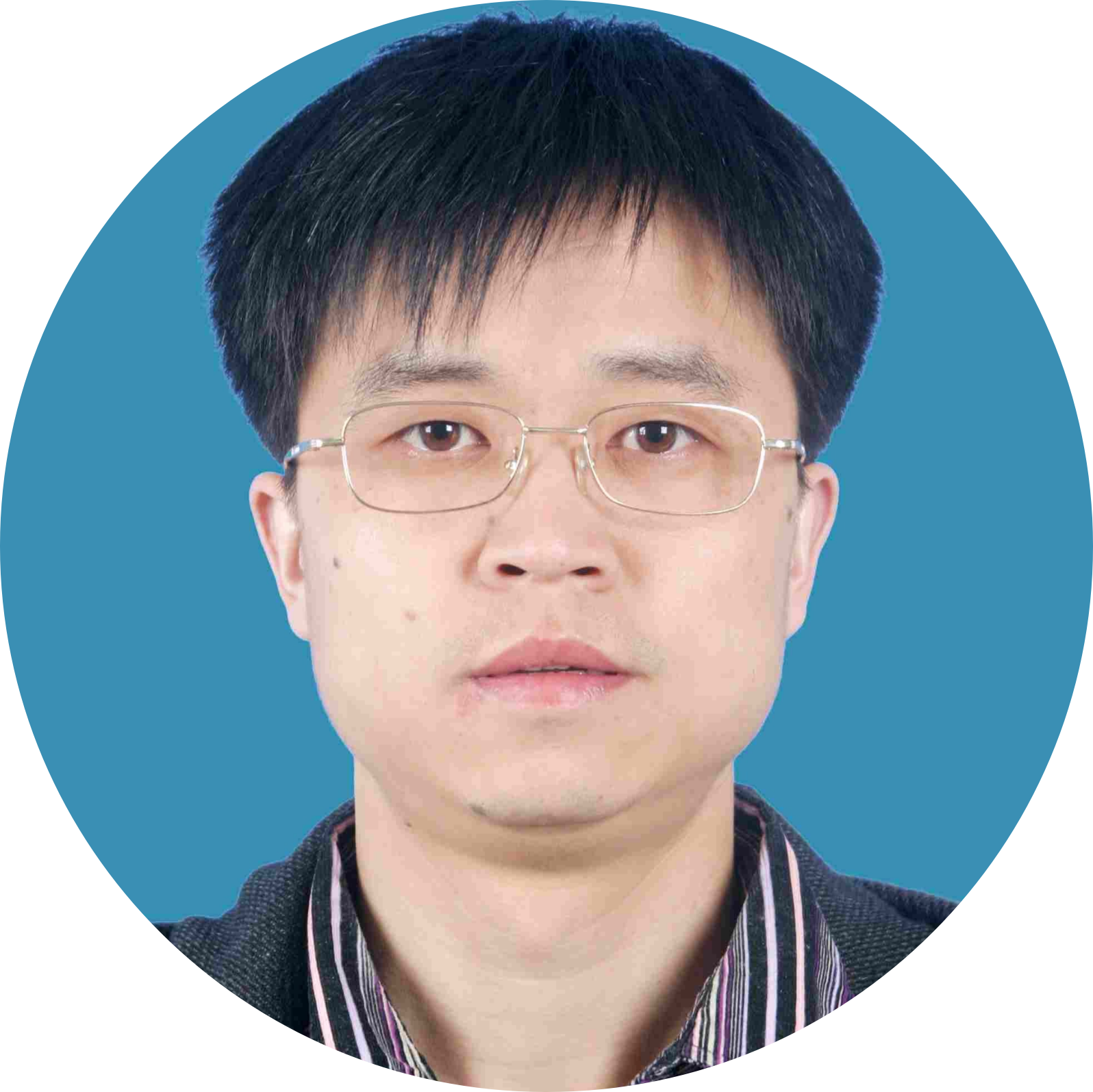SPECIAL SESSIONS
Special Session 2: Distributed Large Language Model Training/Inference Systems over Edge Networks
Flyer Download
The deployment and training of Large
Language Models (LLMs) over edge networks introduce substantial
challenges, including constrained resources, heterogeneous
infrastructures, and stringent latency constraints. This Special
Session solicits research contributions on distributed systems
and optimization techniques for resource-efficient LLM inference
and convergence-aware LLM training in edge computing
environments. Two core technical thrusts include:
(1)
Inference deployment resource optimization, encompassing expert
selection and placement, token-aware routing, memory- and
bandwidth-constrained scheduling, KV-cache management, and
SLO-compliant serving strategies across distributed edge nodes;
(2) Training convergence optimization, including
communication-efficient gradient synchronization, sparsity-aware
update mechanisms, adaptive parallelism strategies (e.g., MoE),
and convergence acceleration under limited communication
bandwidth.
Topics of interest include but are not
limited to:
– Joint computation–communication–energy
co-optimization;
– Model partitioning and orchestration across
edge–cloud hierarchies;
– Federated or hierarchical training
with provable convergence guarantees;
– System frameworks for
scalable, low-latency LLM inference.
The session welcomes both
theoretical results and system-level designs, particularly those
validated on realistic edge platforms or standardized LLM
benchmarks.
Please choose Special Session 2 to submit. Submission Link: https://www.zmeeting.org/submission/wccct2026
Special Session 2 Chair
 Assoc. Prof. Danyang Zheng, Southwest Jiaotong University,
China
Assoc. Prof. Danyang Zheng, Southwest Jiaotong University,
China
Email:
dzheng5@swjtu.edu.cn
Research Areas: Services Computing, AI on Network, Network
Reliability, and Network Security
Biography: Danyang Zheng received the B.S. degree in computer science from the University of Electronic Science and Technology of China, Chengdu, China, in 2016, and the Ph.D. degree in computer science from the Georgia State University, Atlanta, GA, USA, in 2021. He is currently an Associate Professor at Southwest Jiaotong University (SWJTU), Chengdu, China. His research interests include Services Computing, AI on Network, Network Reliability and Security, In-Network Computation, and Combinational Optimization. He has published more than 70 technical works in his research fields and is serving as the Youth Associate Editor for IEEE Big Data Mining and Analytics. He served as Publicity Chair of ICCC 2024-2025, WCCCT 2025-2026, CNCIT 2025 and Symposium chair of WCCCT 2024, IEEE ICNC 2025-2026.
Co-Chairs
 Assoc. Prof. Chengzong Peng, Chengdu University of
Information Technology, China
Assoc. Prof. Chengzong Peng, Chengdu University of
Information Technology, China
Email:
pcz@cuit.edu.cn
Research Area: Network Function Virtualization, Network
Security, and Network Reliability
Biography: Chengzong Peng is an Associate Professor and Master's Supervisor in the School of Cyberspace Security at the Chengdu University of Information Technology. He received his Ph.D. in Computer Science from Georgia State University and his B.S. in Mathematics from the University of California, Irvine. His research lies at the intersection of Network Function Virtualization (NFV), network security, and reliability, with a current focus on AI-enabled defense mechanisms within edge networks. He has published extensively in leading international venues and contributes to the academic community as a program committee member for conferences such as ICCC and WCCCT.
 Assoc. Prof. Shaohua Cao, University of Petroleum (East
China), China
Assoc. Prof. Shaohua Cao, University of Petroleum (East
China), China
Email:
shaohuacao@upc.edu.cn
Research Areas: Edge Intelligence, Federated and
Distributed Learning
Biography: Shaohua Cao is an Associate Professor at the College of Computer Science and Technology, China University of Petroleum (East China). His research focuses on edge computing, federated learning, distributed AI systems, and resource-efficient inference under communication and energy constraints. He has authored over 40 peer-reviewed publications and actively serves as a reviewer for journals such as IEEE Access and FGCS. Dr. Cao has led and participated in several national and provincial research projects in intelligent computing and industrial AI. He also supervises graduate students and teaches courses related to computer systems and emerging intelligent technologies.
 Asst. Prof. Chen Yang, Southwest Jiaotong University,
China
Asst. Prof. Chen Yang, Southwest Jiaotong University,
China
Email: yangc@swjtu.edu.cn
Research Areas: Services Computing, Edge Intelligence,
Federated Learning
Biography: Chen Yang received Ph.D. degree in computer science at the State Key Laboratory of Networking and Switching Technology, Beijing University of Posts and Telecommunications. Currently, he is an assistant professor in School of Computing and Artificial Intelligence, Southwest Jiaotong University. He has published papers in Mobicom, TMC, TSC, and so on. His research interests include edge intelligence, federated learning and service computing.